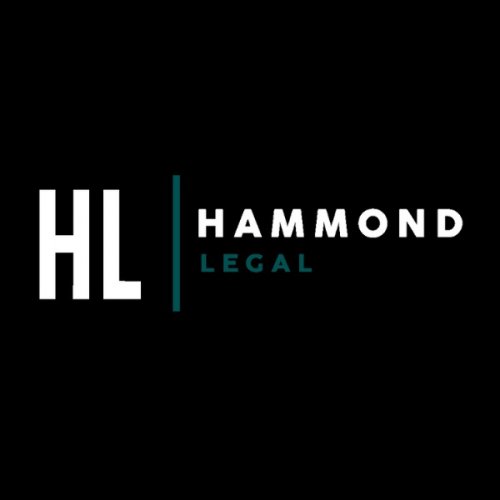Best Landlord & Tenant Lawyers in Albany
Share your needs with us, get contacted by law firms.
Free. Takes 2 min.
Free Guide to Hiring a Real Estate Lawyer
List of the best lawyers in Albany, Australia
About Landlord & Tenant Law in Albany, Australia
The Landlord & Tenant Laws in Albany, Australia, play a vital role in ensuring the relationship between landlords and tenants is harmonious, fair, and free of disputes. They cover various areas such as lease agreements, privacy rights of the tenant, security deposit, repair and maintenance, eviction process along with the notice period, and more. These laws aim to protect both parties' rights and are known for their detailed explanations of landlord duties and tenant rights.
Why You May Need a Lawyer
There are various situations where legal assistance in Landlord & Tenant disputes may be required. This could range from drafting lease agreements, handling eviction cases, addressing conditions of a rental property, disputes over rental payments, and violations of lease agreements like unauthorized pets or property damages. A lawyer can provide expert advice and representation, ensuring your rights and interests are protected whether you're a landlord or a tenant.
Local Laws Overview
Key aspects of Local Laws in Albany particularly relevant to Landlord & Tenant include the Residential Tenancies Act 1987 (WA). This Act provides details about rental increases, lease agreements, bond amount, property condition reports, and tenant's privacy rights. For instance, landlords must provide tenants with a rent receipt as proof of payment, can only raise rent once a year, and are required to keep the rental property in a habitable condition. A tenant, meanwhile, is obligated to keep the premises clean and neat and notify the landlord of any damages or issues immediately.
Frequently Asked Questions
What are my rights as a tenant in Albany?
As a tenant, you have the right to a safe and healthy living environment. You are entitled to privacy, the right to make reasonable alterations with the landlord's approval, and the right to take legal action if your rights are violated.
Can a landlord increase the rent whenever they want?
No, a landlord cannot arbitrarily raise rent. They are allowed to raise rent once a year, given that the tenant is notified 60 days in advance.
Can a landlord enter a rented property without permission?
No, a landlord must give the tenant notice before entering the property unless there is an emergency. The notice period is typically 7 to 14 days.
What happens if a lease agreement is broken?
If either the landlord or tenant breaks a lease agreement, the party may take legal action. For example, if a tenant breaks the lease early, they may have to pay early termination charges or remaining rent.
Can I refuse to pay rent if my landlord is not maintaining the property?
No, you cannot stop paying rent due to your landlord's negligence. Instead, you can report the issue to the Residential Tenancies Authority or seek legal advice to resolve the issue.
Additional Resources
The Department of Commerce Western Australia and the Residential Tenancies Authority provide lots of valuable information regarding Landlord & Tenant Laws. Both landlords and tenants can contact these governmental bodies for inquiries, advice, or if they need assistance understanding their rights and responsibilities.
Next Steps
If you need legal assistance in matters relating to Landlord & Tenant Laws in Albany, it is advised to consult with a local lawyer who specializes in this area. Ensure to gather all relevant information and documents before scheduling a meeting with a legal professional. Remember that understanding and exercising your rights will prove beneficial in maintaining an amicable landlord-tenant relationship.
Lawzana helps you find the best lawyers and law firms in Albany through a curated and pre-screened list of qualified legal professionals. Our platform offers rankings and detailed profiles of attorneys and law firms, allowing you to compare based on practice areas, including Landlord & Tenant, experience, and client feedback.
Each profile includes a description of the firm's areas of practice, client reviews, team members and partners, year of establishment, spoken languages, office locations, contact information, social media presence, and any published articles or resources. Most firms on our platform speak English and are experienced in both local and international legal matters.
Get a quote from top-rated law firms in Albany, Australia — quickly, securely, and without unnecessary hassle.
Disclaimer:
The information provided on this page is for general informational purposes only and does not constitute legal advice. While we strive to ensure the accuracy and relevance of the content, legal information may change over time, and interpretations of the law can vary. You should always consult with a qualified legal professional for advice specific to your situation.
We disclaim all liability for actions taken or not taken based on the content of this page. If you believe any information is incorrect or outdated, please contact us, and we will review and update it where appropriate.








